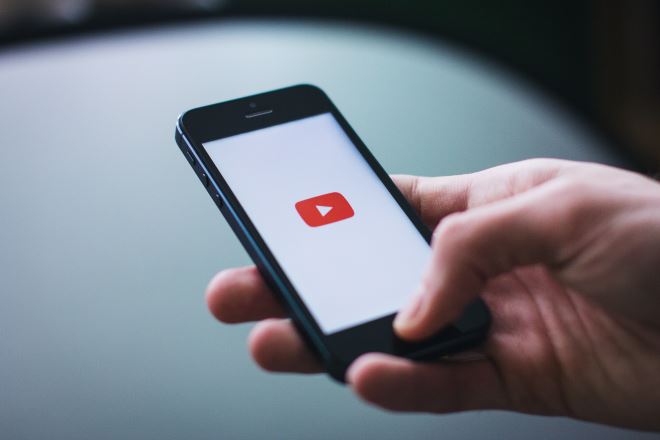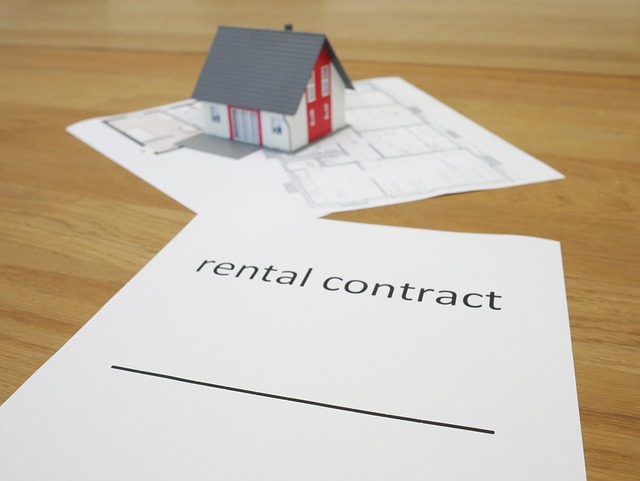Can You Legally Use a YouTube Converter?
YouTube converters have become all the underground rage in recent years. For those new to the scene, this type of converter allows you to rip the audio track(s) from a YouTube video and save it/them as (typically) an .mp3 file to listen to at your convenience. Hold on there, you might say. Isn’t that just another way to violate copyright law and screw music companies and hardworking artists out of their royalties? In a sense, yes, and, in a sense, no. The issue is a little more complicated than that, though those looking to get something for nothing will probably be disappointed. Here’s the scoop.

It’s Your Video
Obviously, if the video you’re ripping audio from was uploaded by you and belongs to you, use the YouTube converter to your heart’s content. Any material created by you is fair game for conversion and won’t lead to any legal troubles down the line.
Public Domain
This topic can get convoluted quickly but, simply put, public domain refers to any creative work not protected as intellectual property by a trademark, copyright, or other patent law. While an artist can choose to designate a material he or she produced as public domain at any time, most choose to protect it legally from unauthorized use by the public.
U.S. copyright law has decreed that, in general, a copyright will automatically expire and the work will pass into the public domain 70 years after the creator’s death. Thanks to weird legal wrangling by Congress, at present, only works prior to 1923 have been “aged” into the public domain.
What this means to YouTube rippers is that, unless an audio track falls into another category, only pre-1923 audio can be legally ripped by a YouTube converter. Enjoy those scratchy, hand-cranked Victrola yodeling tracks.
Creative Commons
You would also be safe in ripping audio from any video that exists under a Creative Commons License (CCL), which should be designated somewhere prominent on the web page. A CCL doesn’t mean the author has given up the copyright - it’s still protected - but means he or she has chosen to make certain uses of the material freely available to the public. If you come across a video you want to rip audio from on YouTube, check to see if there is a CCL that makes it legal. By the way, don’t expect to find the latest release by Ed Sheeran (or anyone else you might actually want to listen to) available under a CCL.
Fair Use
The Fair Use Doctrine has been a contentious topic over the years in the arena of copyright law. Many lawyers have fattened their bank accounts trying to wring a definitive answer from the court system as to what “fair” use actually is. The idea is that you, as a member of the public, are granted the right to use a “fair” amount of a copyrighted work for purposes such as:
- For the purposes of journalism in the form of commentary, review, or critique
- Using it to teach
- Creating a parody of it
The Fair Use Doctrine doesn’t allow for the use of the work in its entirety, but only enough to fulfill one of the categories just mentioned. Let’s take the example of a song. How much is “fair use?” No one can say with certainty. It depends on how the judge feels that day.
The Bottom Line
If you intend to use a YouTube converter for any of the preceding purposes, you’ll probably be safe from the long arm of the law. But what most people want to know is whether or not you can rip, download, and save copyrighted music from an artist like would be found on the Billboard 200 charts any random week of the year? The answer to that would be no. That is copyrighted music and to acquire it by any means without payment is theft. Sorry to be the bearer of such sad news.




